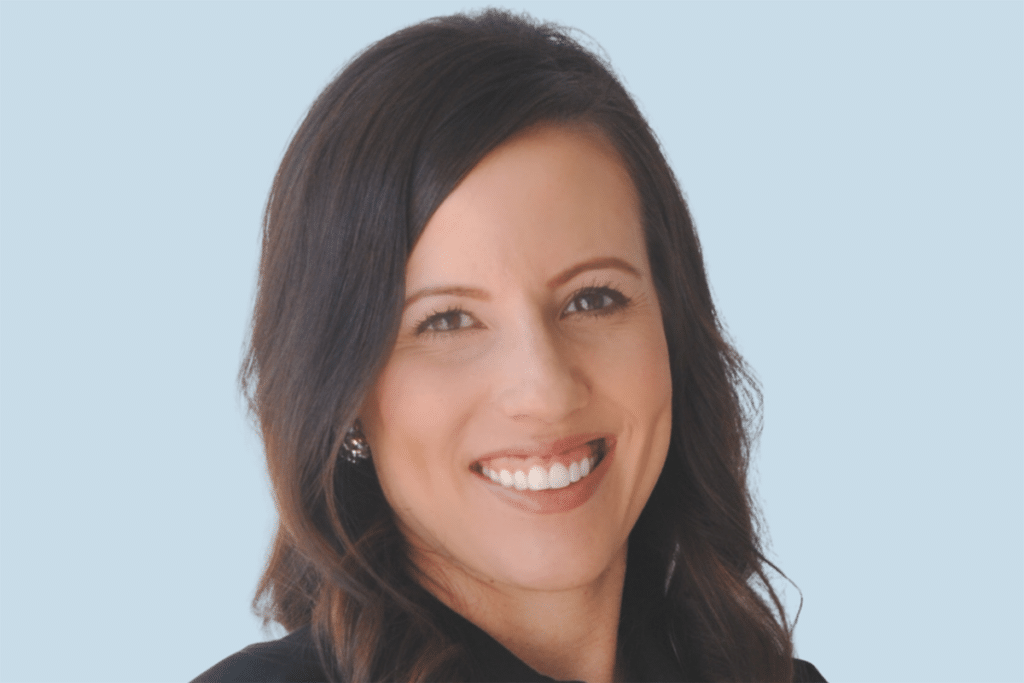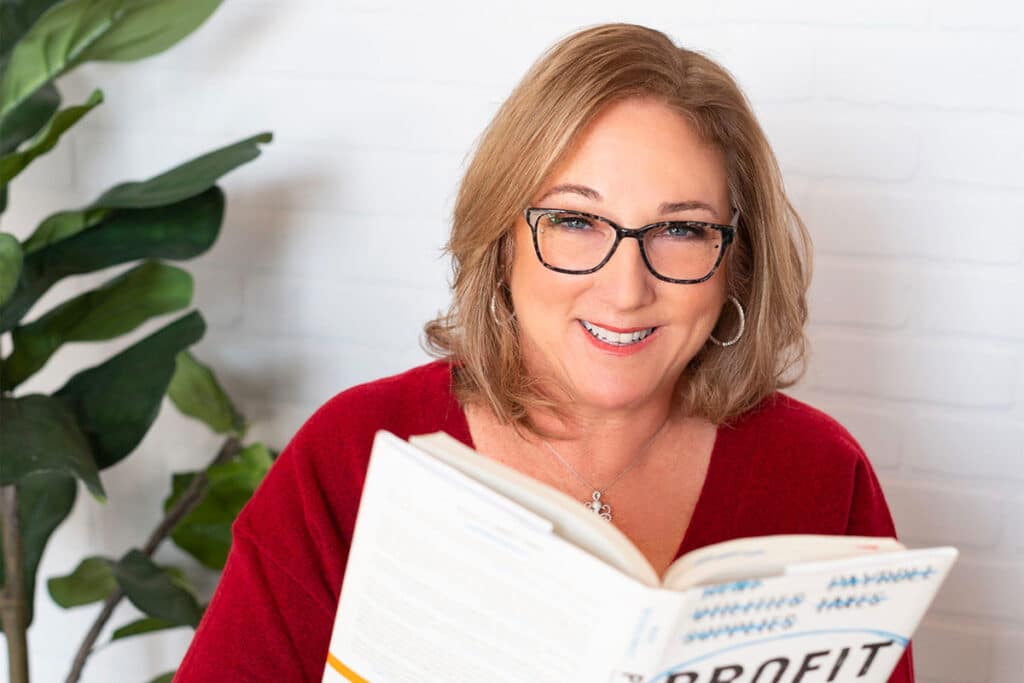Why a private school education might be a good fit for your family.
If you think a private school education might best benefit your child, you’re not alone. In fact, statistics indicate that most parents prefer private schools to public ones. “By a margin of nine to one, Americans believe parents should have the right to choose their child’s school and a full 55 percent of parents who currently send their children to public schools would want to send them to private schools,” according to a report by a New York City-based research organization, Public Agenda.
Still, choosing a private school education for their children may not be right for every family. But as the survey shows, the majority of parents do feel that their child’s needs might well be met in a private or parochial school setting.
WEIGHING THE PROS AND CONS
Each family should weigh for itself the private vs. public school pros and cons. For some, the scales tip in favor of a private education based on personal values or religious beliefs, class size, instructional approaches, the school’s location or even after-school child care options. Such parents may worry about the disciplinary problems prevalent in some public schools and the possible negative influences kids may be exposed to there. Many are not fans of the federal and state strict assessment and testing requirements in public schools and dislike the way public school teachers are required to “teach to the test” in order to strive for higher assessment scores. Even public school teachers sometimes criticize the way strict state standards and their individual school district’s own curriculum rules keep them from being able to be creative in their teaching approaches or tailor their classes to the pace of learning and unique needs of their individual students.
On the other hand, some public school children’s parents believe kids need to be exposed to the realities and everyday challenges of the “real world” in a public school, and they feel that assessment tests help ensure students are learning what is needed. At the same time, private school children’s parents feel that the discipline problems in public schools create distractions from learning. Those parents believe that learning about the “real world” needn’t include being exposed to the drug use, disrespect for authority and common use of profanity that plague so many of today’s public schools. Those parents value an environment that encourages morality, self-control and discipline. Many private school parents also value the way that private schools allow teachers to tailor their teaching methods to their students’ needs. In the end, deciding where to send one’s child to school is a personal decision requiring contemplation of the individual needs of a child and his family, as well as the child’s learning style.
SMALL CLASSES MEAN MORE ATTENTION TO YOUR CHILD
The decision to send a child to a private school isn’t always based on religious beliefs or personal values, but rather on the small class and campus size that private schools often provide. Students may get more one-on-one attention and find a better atmosphere for study in a small classroom. Schools that encourage teachers, administrators, parents and students to work together may be more in tune to students’ needs and help them thrive academically.
CHOICE CURRICULUM
Because they are not tied to the minimum standard requirements of public schools, many private schools offer more diverse curriculum options and college preparatory classes for students. Some local schools, like Saint Mary’s Hall, offer philosophy and music and art courses that public schools do not.
CO-ED VS. SAME-SEX ENVIRONMENTS
Some studies have found that students study more, are less easily distracted and feel less self-conscious in schools and classrooms with children of their own sex, so some local private schools, like Incarnate Word High School, Providence Catholic School, Central Catholic High School and San Antonio Academy, offer all-girl or all-boy classes. Of course, some parents believe that a co-educational setting provides better socialization, so many local private schools are co-educational. Parents must decide what environment best meets their child’s educational needs.
THE IMPORTANCE OF SECOND-LANGUAGE LEARNING
The Internet, travel and international business options are making the world seem smaller and bringing people together from across the globe; so now in the new millennium foreign language instruction is more important than ever for students and ensures they will find more career options in their future. Some private schools in San Antonio offer half- and full-day programs in languages other than English, such as Spanish, French or even Mandarin. Using language immersion methods, students integrate language learning into their daily lives in a way that seems almost effortless and natural, just as first-language learning was when they were babies.
PREPARATION FOR COLLEGE ANDTHE GLOBAL COMMUNITY
Many local private schools claim outstanding records of college placement and even provide counseling and programs to assist students in acceptance at prestigious universities. Most offer college preparatory coursework, college-credit and dual-participation high school classes, and SAT/ACT testing prep courses. Some offer after-school volunteer programs, mentoring programs and internships.
Some schools offer travel opportunities with parents and teachers to see museums and sites in Washington, D.C., New York and even Europe. One group of fourth-graders from a private school in Los Angeles recently flew to their state capital in Sacramento for a day of far-away field trips — something a public school class could never do. Many parents feel such opportunities may better prepare students for a university setting where diversity, openness to other cultures and languages and strong firsthand knowledge of geography and the global community are valued and advantageous for students.
PRIVATE SCHOOLS AND SPECIAL NEEDS
Because all children are different and have different gifts, skills sets and learning challenges, private schools are a place where an individual student’s needs may be considered. Whether a student has a physical, emotional or learning challenge, smaller private schools are often able to adapt to his specific special needs. Often the small classroom size offers a setting where a child with special needs can get more individual attention and assistance.
PRIVATE SCHOOLS AND SPORTS
It’s an oft-repeated fallacy that private schools don’t offer enough sports and other extracurricular activities. In truth, most private schools in our area offer football, basketball, soccer, softball and more and compete with other private schools’ teams across the city and state. Drama, debate teams, service organizations and more are available in private schools, as well as cheerleading, 4-H, Scouts, band and choir. If you think a private school won’t give your child an advantage in sports, consider this: In a small private school, a student is more likely to participate in games than he or she would be if they were enrolled in large school where tens or hundreds of others could be vying with them for a place on the field.
MORE AFFORDABLE THAN YOU THINK
Some people believe private schools are exclusive places that only wealthy families can afford, but that’s not true. Many local private schools offer tuition and textbook scholarships, grants and other financial aid. For instance, one popular parochial school in San Antonio offers just over $1 million in financial aid to students. Many local private schools offer a discount to families who enroll more than one child in their schools, and some church-based schools offer lower tuition rates to members of their church, synod, synagogue or parish. If you’ve always thought you couldn’t afford private school, make an appointment with an admissions counselor at the private school you’re interested in — you may be pleasantly surprised by the financial options that are available to your family.
A PRIVATE MATTER
If you’re a parent considering enrolling your child in a private school, the decision is a personal one. Don’t be intimidated by others who want you to choose the kind of school they have for their kids. The decision is yours alone. Research the many educational options available in San Antonio, read the statistics about the benefits of public and private schools, and make the decision that is best for your child. You may find that a private education will benefit your child in ways both big and small.









One Response
Thanks for pointing out the benefits of private schools. I like that you said that smaller classes mean more attention to your child. My husband and I are thinking about putting our daughter in a faith-based private school because we think she would learn better and get more help on assignments.